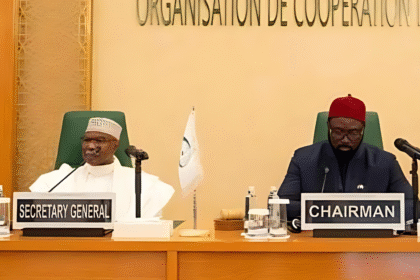ISLAMABAD( The COW News Digital) For the first time in 45 years, Pakistan’s Supreme Court has officially notified a new set of procedural regulations, replacing the decades-old Supreme Court Rules 1980. The updated framework, titled the Supreme Court Rules 2025, will take effect from August 6, aiming to enhance transparency, efficiency, and overall effectiveness in judicial proceedings.
The reform process began under Chief Justice Yahya Afridi, who formed a committee led by Justice Shahid Waheed. Other members included Justice Irfan Saadat Khan, Justice Naeem Akhtar Afghan, and Justice Aqeel Ahmed Abbasi. The committee sought recommendations from fellow judges, the Supreme Court Office, bar councils, and legal associations before finalizing the rules.
The new regulations extend certain legal deadlines. For example, the time limit for filing criminal appeals, criminal petitions, and direct civil appeals has been increased from 30 to 60 days. Appeals against objections raised by the Registrar’s Office must now be filed within 14 days, while review petitions against Supreme Court judgments must be lodged within 30 days.
Applicants seeking a review must serve immediate notice to the opposing party and provide the registry with proof of this notification. Each review petition must be accompanied by a certified copy of the contested judgment or order. If the review is based on newly discovered evidence, certified copies of relevant documents and an affidavit explaining the circumstances of the discovery must also be attached.
Advocates or petitioners are required to clearly outline the specific grounds for review in a concise manner. A certificate of reasonable belief must be included, and frivolous or vexatious petitions may result in disciplinary action against the advocate or a penalty of up to Rs. 25,000. Petitioners themselves may also face similar costs if their applications are deemed non-serious.
Where possible, review petitions will be heard by the same bench that delivered the original verdict. If a judge on the original bench has retired or resigned, the matter will be placed before a bench comprising one or more judges from the original panel. Additionally, jail petitions will be exempt from court fees.
The Supreme Court clarified that all ongoing matters filed under the old rules will continue unaffected until they are resolved. The Chief Justice retains the authority to address any difficulties in implementing the new rules, provided such directions do not conflict with the provisions of the 2025 regulations.







